 Dr. MacAfee once told me: I was often called into court to be an expert witness about addiction. My goal was not to defend anyone, but to share my knowledge and years of experience about the disease and treatment. Usually the judges and attorneys regarded me distantly, even hostilely. But when their child or loved one was in trouble with drugs or alcohol, I was the first person they called.
Dr. MacAfee once told me: I was often called into court to be an expert witness about addiction. My goal was not to defend anyone, but to share my knowledge and years of experience about the disease and treatment. Usually the judges and attorneys regarded me distantly, even hostilely. But when their child or loved one was in trouble with drugs or alcohol, I was the first person they called.
My reflection: When my son was in active addiction, I felt judged by others, probably because I judged myself harshly for somehow ‘allowing’ addiction to enter our home. Since then, I’ve learned that our brains make involuntary, non-conscious criticisms of people before we even process who they are or what they look like. Judgment is an automatic reflex.
Today’s Promise to consider: Our brains are hard wired to make fast and effortless judgments. It’s one of the ways we keep ourselves safe, but it also can give us faulty information. Those who suffer from addiction are often automatically judged in the most negative of ways, even when the ‘judger’ knows nothing about the situation. We, who love those who suffer, are often the recipients of unsolicited critiques. Today, let us give the gift to others of not judging. Let us try to harness our brain’s automatic reaction. Let us lead with compassion.

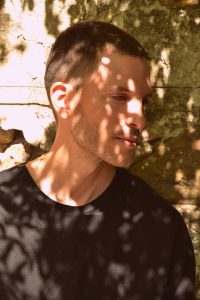 A recovering alcoholic wrote to me: The illness of alcoholism thrives in the dark and isolating world of silence. Let the light in and the glimmer of hope be seen. We say in AA that ‘we are as sick as our secrets.’ We are lucky to be able to talk freely to our fellow members and this helps us manage to keep the darkness at bay.
A recovering alcoholic wrote to me: The illness of alcoholism thrives in the dark and isolating world of silence. Let the light in and the glimmer of hope be seen. We say in AA that ‘we are as sick as our secrets.’ We are lucky to be able to talk freely to our fellow members and this helps us manage to keep the darkness at bay. 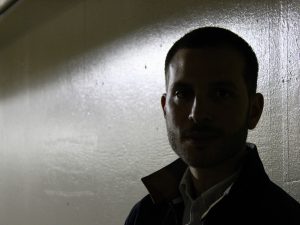 The Washington Post reports that drug overdoses nationally jumped 18% in March, 29% in April, a staggering 42% in May.
The Washington Post reports that drug overdoses nationally jumped 18% in March, 29% in April, a staggering 42% in May. 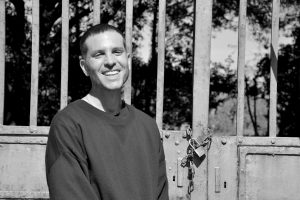 A recovering addict wrote to me: I was a good friend and fellow drug user with your son. I’ve been clean for three years. Your son was one of the few truly decent addicts I ever met, meaning that he had a kind side that most addicts had already destroyed within themselves. He actually CARED about what his drug use was doing to you, his brother, and his dad. I remember when your father died and you had cancer. He drove over to my apartment and we talked late into the night. But after that, we went out and copped more drugs, came back, used, and he called into work and faked sick.
A recovering addict wrote to me: I was a good friend and fellow drug user with your son. I’ve been clean for three years. Your son was one of the few truly decent addicts I ever met, meaning that he had a kind side that most addicts had already destroyed within themselves. He actually CARED about what his drug use was doing to you, his brother, and his dad. I remember when your father died and you had cancer. He drove over to my apartment and we talked late into the night. But after that, we went out and copped more drugs, came back, used, and he called into work and faked sick.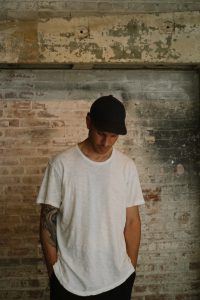 An uncle wrote to me: My sister has a son who had a lot of problems growing up, including drugs. He is in another program (again, one of many attempts at rehab), but this one is a year-long program. It is amazing to me how many similarities there are in stories of addiction, only the people change. My sister has done a lot of enabling. Her husband turned his back on the family a number of years ago. Tears up any family dealing with this type of thing. I’m not very optimistic, but we can hope.
An uncle wrote to me: My sister has a son who had a lot of problems growing up, including drugs. He is in another program (again, one of many attempts at rehab), but this one is a year-long program. It is amazing to me how many similarities there are in stories of addiction, only the people change. My sister has done a lot of enabling. Her husband turned his back on the family a number of years ago. Tears up any family dealing with this type of thing. I’m not very optimistic, but we can hope. A young man in recovery sent me this song
A young man in recovery sent me this song 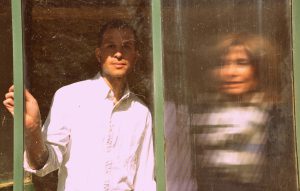
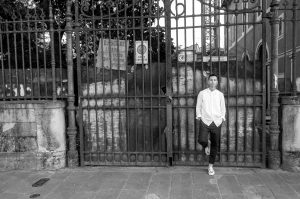 THE CHICAGO TRIBUNE recently published an article that reported: Addiction is a brain disease, “not a choice, not a personality flaw, not a moral failing,” said Dr. Jody Glance, an addiction specialist at the University of Pittsburgh Medical Center. Researchers have found that a key part of what makes opioid addiction so entrenched and difficult to quit is the way the drug changes the brain.
THE CHICAGO TRIBUNE recently published an article that reported: Addiction is a brain disease, “not a choice, not a personality flaw, not a moral failing,” said Dr. Jody Glance, an addiction specialist at the University of Pittsburgh Medical Center. Researchers have found that a key part of what makes opioid addiction so entrenched and difficult to quit is the way the drug changes the brain.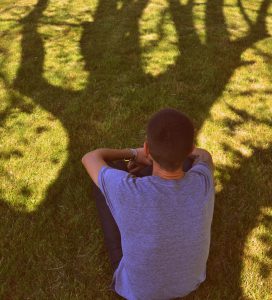
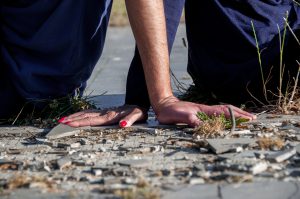 Not many people know that my son helps me with every post about addiction. I want to acknowledge his contributions over these many years.
Not many people know that my son helps me with every post about addiction. I want to acknowledge his contributions over these many years.
4 Comments.
View Comments | Leave a Comment